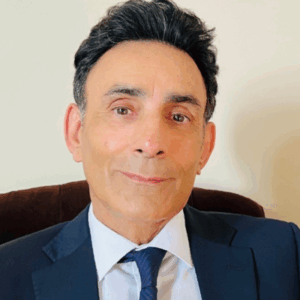

Substance abuse is a significant and growing issue in Kentucky. The state faces alarming rates of drug and alcohol addiction, deeply affecting communities and families. Understanding the extent of the problem and the factors contributing to it is crucial in finding effective solutions and supporting those in need of Kentucky addiction treatment.
In 2022, Kentucky reported 2,135 overdose deaths, with opioids involved in 90% of these cases. The state consistently ranks among the highest in the nation for drug overdose deaths, highlighting the urgent need for comprehensive intervention and support.
Kentucky’s overdose death rate is significantly higher than the national average, driven largely by the widespread availability of synthetic opioids like fentanyl. This crisis is exacerbated by high rates of prescription drug misuse and a growing methamphetamine problem.
High rates of untreated mental health disorders contribute to substance abuse, as many individuals use drugs and alcohol to self-medicate.
Substance abuse leads to numerous health problems, including infectious diseases, chronic conditions, and mental health disorders. Overdose deaths remain a critical concern, with opioids being a major culprit.
The economic impact of substance abuse in Kentucky is vast, encompassing healthcare costs, lost productivity, and expenses related to law enforcement and the criminal justice system. Families also face significant financial strain due to addiction-related issues.
Substance abuse disrupts families and communities, leading to child neglect, increased crime rates, and homelessness. Families dealing with addiction experience emotional and psychological stress, often resulting in long-term social challenges.
Law enforcement agencies are actively involved in combating the drug crisis through measures such as drug courts, which aim to provide treatment instead of incarceration for non-violent offenders, and increased efforts to curb drug trafficking.
Several resources are available to support those struggling with substance abuse in Kentucky. The Kentucky Office of Drug Control Policy and the Kentucky Injury Prevention and Research Center provide valuable information and support services.
Support groups such as Alcoholics Anonymous (AA) and Narcotics Anonymous (NA) offer peer support and recovery programs. Hotlines and crisis intervention services provide immediate assistance for those in need.
Louisville Addiction Center (LAC) addresses a wide range of substance use and mental health disorders, with a particular focus on dual diagnosis treatment. In addition, recognizing the devastating impact of the opioid epidemic in Kentucky, the center provides specialized treatment for heroin, fentanyl, and prescription opioid addictions. Alcohol dependence treatment is also a priority, given Kentucky’s high rates of binge drinking and alcohol-related disorders.
At LAC, individuals receive support tailored to their specific needs, ensuring a higher chance of recovery and rehabilitation. The center’s programs include:

Detox is the medically managed clearing of drugs or alcohol from your body; rehab is the longer-term counseling and skill-building that follows. During detox, the brain and nervous system rebound after months or years of chemical suppression, and that rebound can be dangerous.

When cravings keep overruling your best intentions, sheer willpower rarely carries you to the finish line. That’s why drug treatment in Louisville at Louisville Addiction Center pairs accredited clinicians with evidence-based therapies, turning the turmoil of active use into a clear, step-by-step path to lasting sobriety.

Our partial hospitalization program (PHP) is the most common level of care that we have to offer. Our PHP program for substance abuse treatment in Louisville, KY offers intensive care as well as a flexible schedule that will allow our clients to remain plugged into normal life. During our PHP in Louisville, Kentucky, our clients are in our program for 30 days.

Following PHP, clients might need to continue treatment while getting back to everyday life. Our intensive outpatient program (IOP) offers treatment for several hours throughout the week, yet with more flexibility than PHP. That way, clients can begin to use the skills they learn while tending to other obligations, like family, school, or work.

The outpatient program during Louisville rehab is the least restrictive program we offer. Often, clients meet with a therapist or group for about one hour per week. Most clients in our outpatient program have the skills needed to stay healthy outside of treatment. Yet, they still need to refine their recovery skills in the real world with professional support and guidance.

At Louisville Addiction Center, we offer rehab for veterans in Louisville, Kentucky. As a veterans addiction treatment center, we provide TRICARE addiction treatment for veterans. Veterans have unique needs when it comes to substance abuse and mental health disorders. We understand that and offer specialized treatment.
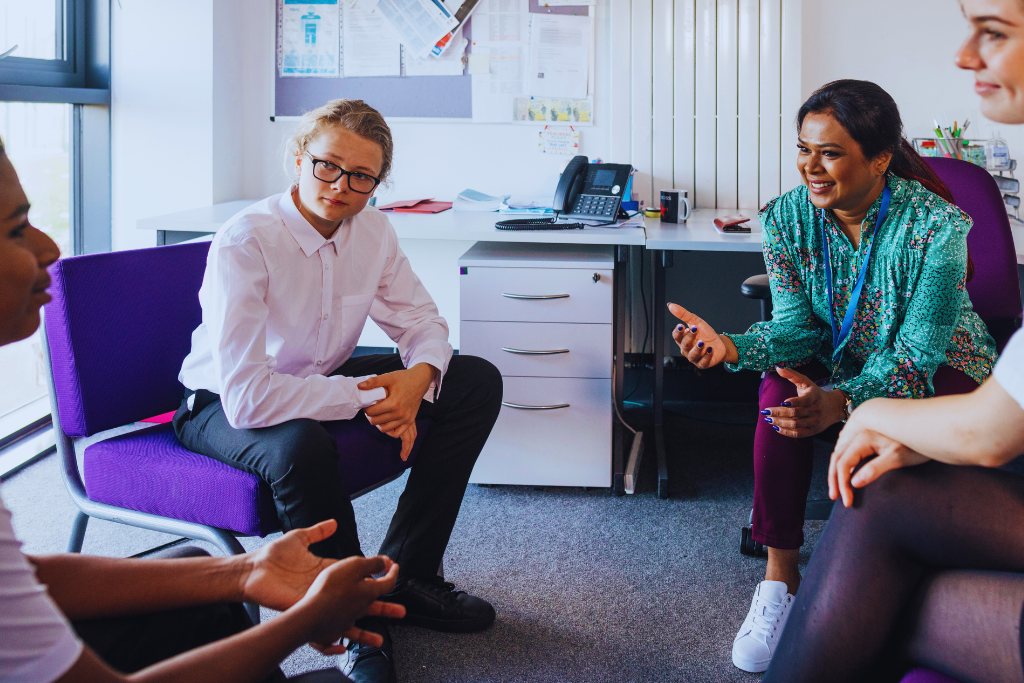
Therapeutic services at LAC encompass a comprehensive suite of treatments intended to address both the psychological and physical aspects of addiction.

For those looking to receive one-on-one guidance and mental health support from a licensed therapist, individual therapy may be the right fit for you. This popular form of treatment allows clients to receive the care and tools they need to overcome issues relating to substance use, and co-occurring mental health disorders, in a private setting with only one therapist, and no other patients present. This intimate setting encourages clients who may be apprehensive or nervous when beginning treatment, to be open and honest about their struggles and the way their life has been impacted by them, so they are then able to make positive changes in their behavior.

As opposed to individual therapy, which involves a client meeting one-on-one with a licensed therapist to receive care and treatment, group therapy allows many clients, typically six to eight, to meet with one or more therapists to discuss their struggles and goals. This group setting is designed to encourage those with similar experiences to talk about what they have been through, and what they hope to achieve through treatment and recovery. Through talking with others who are also undergoing the recovery process, clients are reassured that they are not alone in their journey, and able to develop an even stronger support structure composed of new friends and companions.

At Louisville Addiction Center, we take a holistic approach to our therapy services to ensure that our clients are able to reach all of their recovery and sobriety goals. Our individualized, holistic therapy options include a wide variety of activities, such as meditation, yoga, and nutrition assistance, designed to enhance one’s mindfulness. Through these holistic options, we encourage healthy ways to cope with stress and other side effects of addiction and mental health issues.

The impacts of addiction are often felt by more than just the individual struggling with abuse. Families of those dealing with substance use disorder know all too well the strain that addiction places on relationships. Watching someone you know and are close to engage in self-destructive habits and behaviors can be incredibly difficult and emotionally taxing. That is why, at our addiction treatment centers in Louisville, KY, we offer family therapy services and sessions to those who have been impacted by a loved one’s addiction.

When one undergoes a traumatic event, there are a significant number of mental health challenges that one may face in the days, months, and years that follow. Depending on the severity of the event, an individual may have trouble functioning and completing everyday activities and tasks without assistance. If you or a loved one have been impacted by one or more traumatic events and struggle with substance addiction, we provide safe and effective trauma therapy services designed with your individual needs in mind.

CBT, or cognitive behavioral therapy, is a form of treatment designed to help a client put an end to the self-destructive behaviors that result from co-occurring mental health issues and substance abuse. Through talking through and acknowledging the thoughts that lead to negative behaviors and actions with a licensed therapist, a client is able to develop further self-awareness of their diagnosis, and make the necessary changes to reach their recovery goals.

DBT, or dialectical behavioral therapy, focuses on the development of self-regulating techniques and thoughts, such as stress management and other coping strategies, to help clients recover from both an addiction and a co-occurring mental health issue. Learning these self-regulating techniques is essential to the long-term success of treatment, as it is important to develop healthy and sustainable alternatives to substance use for coping with stress and other mental health symptoms.

Eye Movement Desensitization and Reprocessing, or EMDR, is a form of trauma therapy that focuses on assisting those struggling with co-occurring post-traumatic stress disorder and substance addiction. When undergoing this form of treatment, a client is able to directly confront their traumas in a safe and comfortable environment, with the assistance of a licensed therapist. This hands-on approach to therapy allows for the reprocessing of trauma, through the use of lateral eye movements and other stimuli while discussing past traumatic events.

At Louisville Addiction Center, we know how difficult it can be to overcome substance addiction on your own. That is why, at our addiction treatment centers in Louisville, KY, we offer medication-assisted treatment options both during and after an initial detoxification procedure. Detox is one of the first steps to recovering and staying sober. A detox involves completely getting rid of all traces of substances from one’s body. This is done in order to ensure a client is no longer using drugs before continuing forward in the treatment process. When someone stops using drugs or alcohol, it results in withdrawal symptoms. These are often difficult to manage individually and can benefit from medical assistance. For these reasons, we offer safe and effective MAT to those undergoing a detox, to minimize the chances of relapse, and help our clients reach their sobriety goals.

At our addiction treatment centers in Louisville, KY, we follow the 12-Step program of addiction recovery popularized by Alcoholics Anonymous. This model, used by a large number of treatment facilities since the 1930s, is a spirituality-focused form of care that emphasizes the importance of maintaining sobriety to live a healthy, faith-based life. Once the 12-Steps outlined in the program are completed, our clients will continue to receive extensive aftercare and undergo post-treatment services designed to teach valuable life skills and healthy coping mechanisms. This is done to ensure that an individual is able to continue reaching their sobriety goals long after their initial treatment.
For those seeking effective addiction treatment, Louisville Addiction Center offers comprehensive programs tailored to individual needs. Our services include detoxification, inpatient and outpatient rehabilitation, and ongoing support to ensure lasting recovery.
By understanding the scope of substance abuse in Kentucky and utilizing available resources, we can support individuals and families on their journey to recovery.
Contact us at Louisville Addiction Center for more information on Kentucky addiction treatment options.

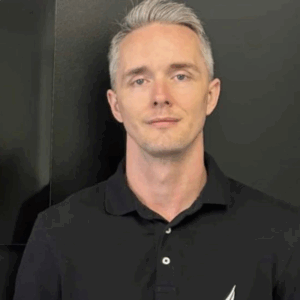
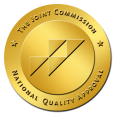
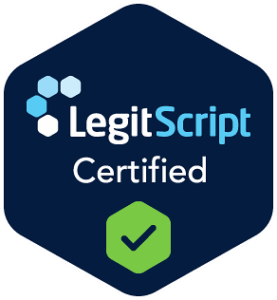
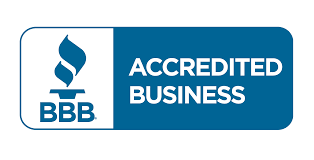


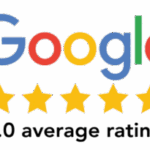

Hear directly from those who have walked the path to recovery. Our patients’ stories highlight the compassionate care, effective programs, and life-changing support they’ve experienced. Let their journeys inspire you as you take your first steps toward healing.
Get Family Support Now
We understand addiction affects the whole family. Our comprehensive family program helps rebuild trust and restore relationships.
Weekly Family Therapy Sessions
Educational Workshops
Support Groups
Communication Skills Training


Get Family Support Now
We understand addiction affects the whole family. Our comprehensive family program helps rebuild trust and restore relationships.
Weekly Family Therapy Sessions
Educational Workshops
Support Groups
Communication Skills Training

